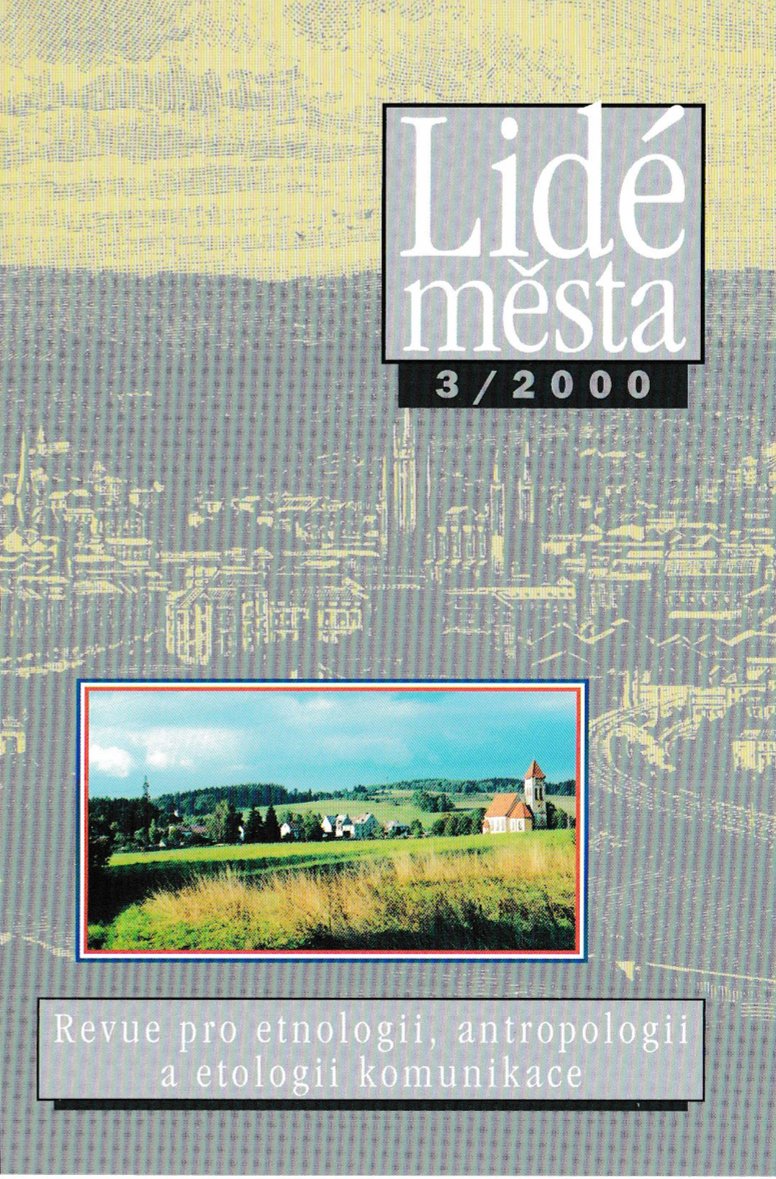Hledá školní mládež pozitivní hodnoty?
(Pohled na vietnamskou komunitu)
DOI:
https://doi.org/10.14712/12128112.4052Abstrakt
Every society faces a vital task of building positive values and attitudes within inter-human, including inter-ethnic, contacts. For the current Czech society the creation of a non-conflict atmosphere is a complex task. Before 1989 Czech society was more or less ethnically homogenous and now it is facing difficulties when coping with the current state in which a number of Czech cities are becoming a multicultural and multiethnic space. A look into future provides a hope. The present-day 13 to 14-year-old schoolchildren could consider the life in multicultural and multiethnic society as normal and natural in ten to fifteen years. Now the question is: do the present-day 13 to 14-year-old schoolchildren have the will to look for positive values also among other, foreign, different, distinctive people as a precondition of future coexistence without any problems? Now let us look for the answer in the replies of children from elementary schools from various regions of the Czech Republic in which the following question was asked (within a broader survey conducted for the needs of the Ministry of Education and Youth): "For what do you admire the Vietnamese?" The total number of respondents was 3,438, while almost one-third of them did not answer the question at all. The remaining two-thirds did answer the question, but a significant part replied with only one word: "nothing" or „don't know. ''The rest of the respondents or more than 54% of those who wrote some answer ranged in a wide spectrum from admiration to intolerance, from ethnic tolerance to ethnic intolerance. The following findings resulted from an analysis of the answers given or not given by the children to the question "For what do you admire the Vietnamese?": (1) Although the question was designed to prompt a search for positive and appreciating characteristics, a number of children preferred criticising answers, which sometimes included xenophobic background. (2) A dependence on the frequency of individual types of answers in relation to the sex of the respondents as well as education and social position of fathers only appeared with a significant intensity in a few types of answers. Apart for a few exceptions, as regards the size of individual towns there were no substantial differences. (3) ln the attitudes of 13 to 14-year-old schoolchildren there was a prevalence of those who tried to look for positive and obliging characteristics in the relationship with the Vietnamese. However, some respondents also voiced negative attitudes. The youth from the sample under observation makes part of that population in which established life attitudes and stereotypes to other, different, foreign and distinctive people are only in the making. These schoolchildren are therefore still open to both positive and negative influences. Hence the relative ease with which to push them to this or that position. This is particularly true of that part which did not voice any opinion about the asked question in the sample under consideration. It is very important whether this so far indifferent part of the youth will in the future form such a positive relationship to other (foreign, different, distinctive) people that along with current tolerant and obliging schoolchildren it will make a majority share in the population of adult people in a modern, open, multicultural and multiethnic society of the Czech Republic within the framework of a future, unified Europe of the third millennium. To conclude, let it be noted that the present-day schoolchildren are searching and have found in many real cases positive values in relation to other (foreign, different, distinctive) people.
Stahování
Publikováno
Jak citovat
Číslo
Sekce
Licence

Tato práce je licencována pod Mezinárodní licencí Creative Commons Attribution-NonCommercial-NoDerivatives 4.0.


